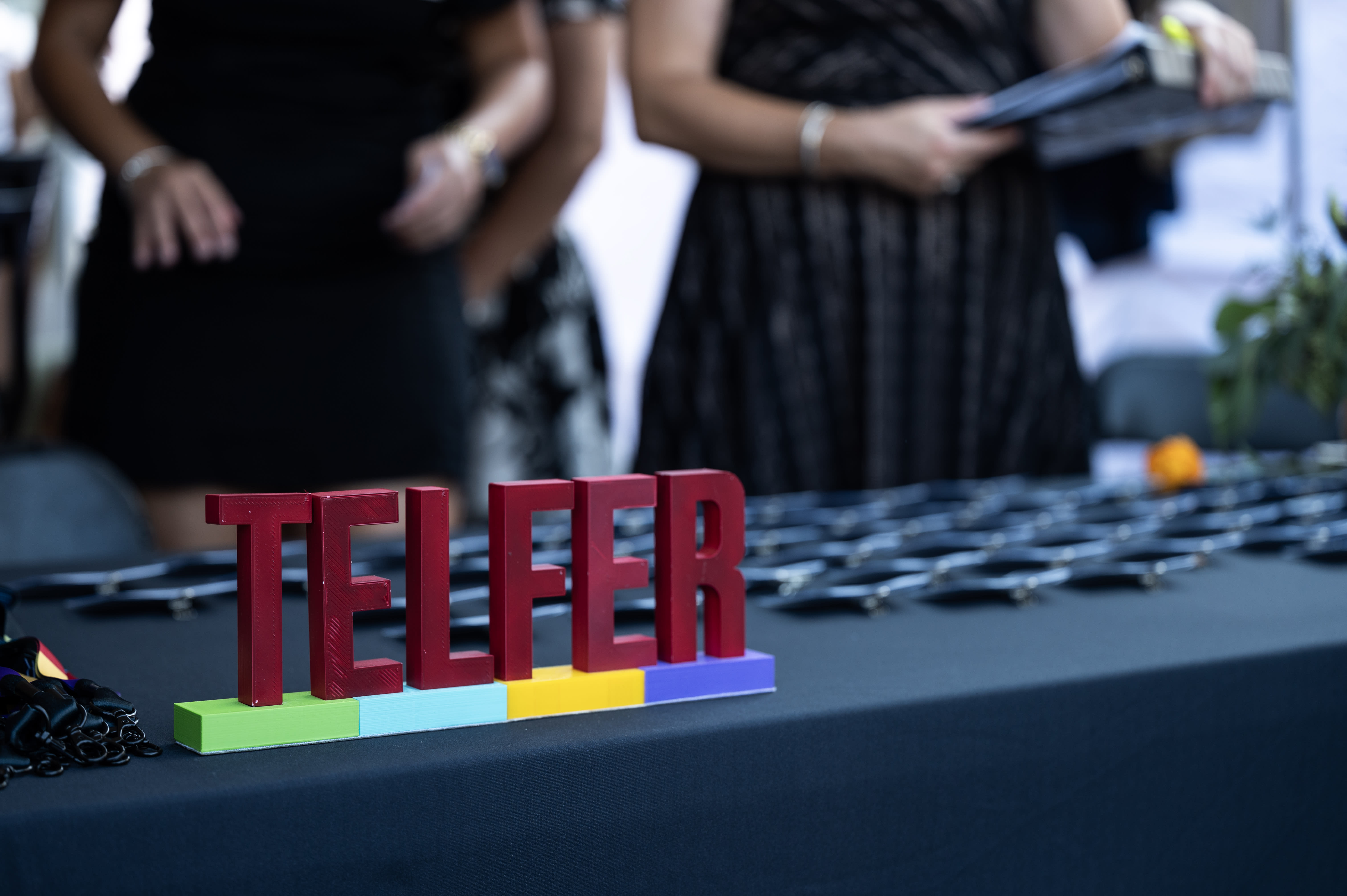Digital currency is becoming the new norm in modern society and is clearly the future of finance. However, what exactly is it? Digital currency is currency that is only available online and can never take a physical form. One new and increasingly popular type of financial system that relies on digital currency is known as decentralized finance or DeFi.
And DeFi is a revolutionary financial system. Unlike traditional financial institutions, DeFi allows for peer-to-peer financial services by removing financial mediators through technology and innovation. It aims to replace traditional, centralized institutions and provide consumers with greater access to financial services by bypassing the need for a financial mediator, giving consumers greater control of their finances.
However, decentralized finance also carries risks: the very qualities that make it effective for consumers can be exploited by white collar criminals. For example, criminals can better conceal their identities by exploiting features meant to protect user privacy. Moreover, because DeFi is decentralized, there is no central authority to whom consumers can report criminal activity.
What can be done?

Professor Qianru Qi has received a Social Sciences and Humanities Research Council Partnership Engage Grant to study DeFi and how to improve its systems to benefit consumers and deter criminal activity. In partnership with financial experts from the Financial Transactions and Reports Analysis Centre of Canada (FINTRAC), Qi will work to develop algorithms to detect financial crime, allowing consumers to use DeFi more safely. More specifically, Professor Qi aims to answer the following two research questions:
How can we automatically detect illicit DeFi users?
How can we deploy our algorithms on the DeFi platform so that regulation can be decentralized?
Who is the partner organization?
The Financial Transactions and Reports Analysis Centre of Canada (FINTRAC) is Canada’s financial intelligence unit. Their responsibilities include preventing money laundering, terrorism financing, and other financial threats to Canadian security. FINTRAC does so by analyzing financial transaction reports and sharing their findings with the relevant law enforcement agencies. Their main goal is to protect personal financial privacy and safety within Canada.
Preventing money laundering and terrorism financing
This program will contribute important knowledge to research on the prevention of money laundering and terrorist financing. Additionally, it will contribute to knowledge on DeFi, a field that is currently understudied. This research can add valuable knowledge to many areas that are vital to Canadian financial security and freedom.
Not only will this research have an academic impact, but also it could uncover new ways to prevent financial crime and reduce risks to consumers who use DeFi. Moreover, this research could help a new generation of Canadian FinTech talent to better understand the financial risks and obligations of using DeFi, which will improve the security of the financial system overall.
How does a partnership with Canada’s financial intelligence unit benefit academic research as well undergraduate and graduate student training?
We asked Tian Bo Zhang, a former Telfer undergraduate who is working with this study, about his motivation and interest in this project. “The project is exciting to me as an aspiring academic because it’s an opportunity to digest rigorous material under the guidance of experienced professors and work with industry-standard tools, like Google BigQuery and ChainAnalysis Reactor. I’m very grateful for the opportunity as an undergraduate to experience the scientific method firsthand; it has provided me with valuable experience that will help me achieve my goal of becoming a legal academic.”
We also asked Sama Sedaghat, a master’s student in finance at Telfer who is involved in this study, what she hopes to gain from this project. “Through this project I’ve gained proficiency in Solidity coding for smart contract development and honed my critical thinking skills, which are vital in addressing complex cybersecurity challenges. I’ve also developed expertise in prompt engineering and in working with the GPT3-API, which has allowed me to interact with Chat GPT professionally and efficiently.”











